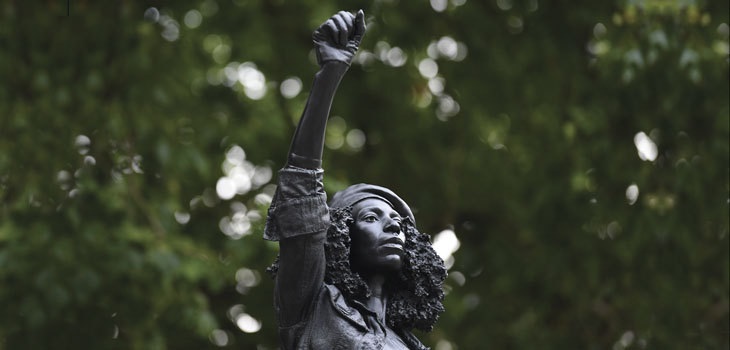
I founded Rare in 2005 in order to get more people of colour, and especially Black people, into the elite professions. It was obvious to me—a person of Jewish descent and mixed ethnic heritage—at the time why so few people of colour, and especially people of African origin, made it to the top.
Racism isn’t just about The Bad Person, like the cop who killed George Floyd. Racism is not an event; it’s a structure. It’s history, and how history—and what people are taught about their ancestors—shapes society. The transatlantic slave trade led to American slavery, which led to Jim Crow, which led to mass incarceration and militarised policing, which led to the death of George Floyd. The slave trade led to Admiral Nelson protecting British slave ships to protect British wealth. That wealth led to memorials in Bristol, not to the slaves, but to the slaveowners. It led to reparations









